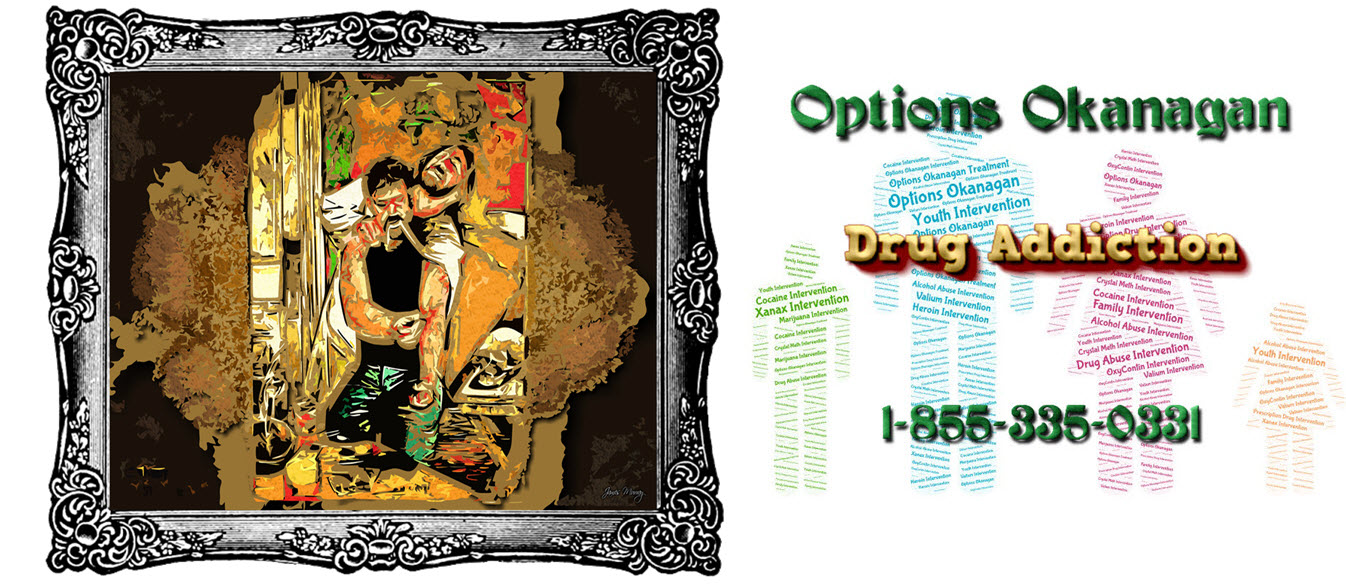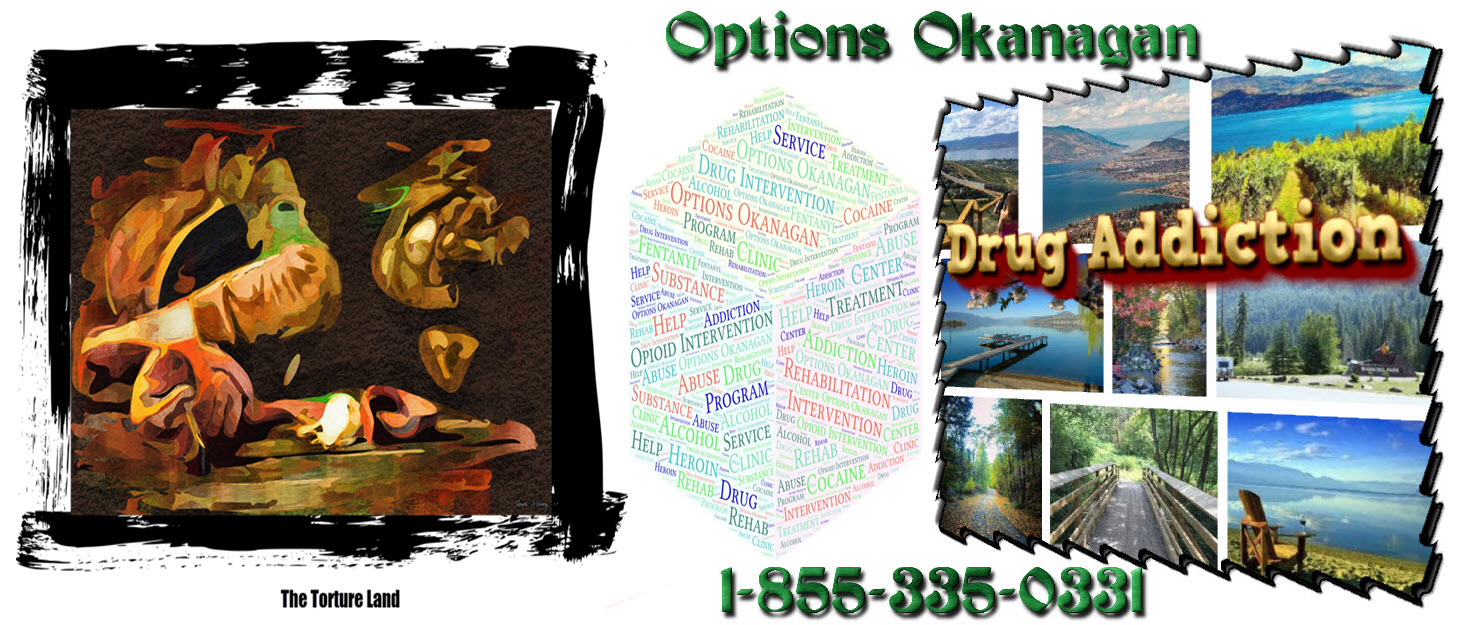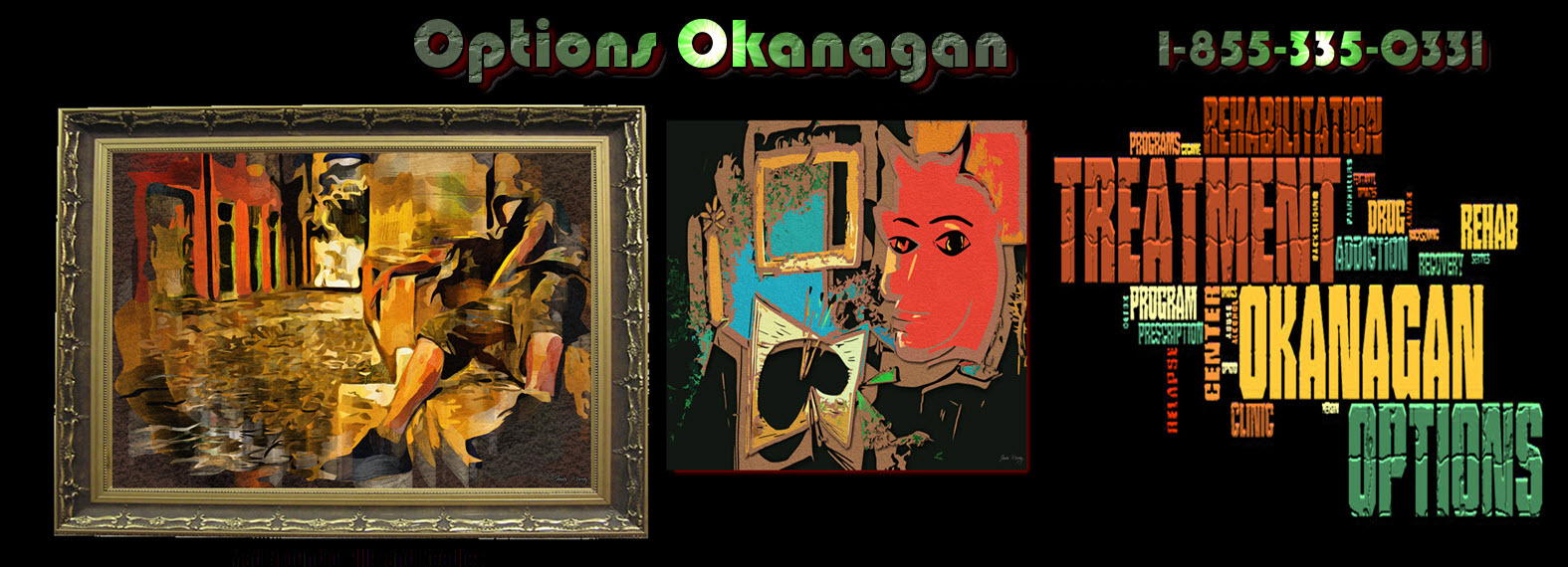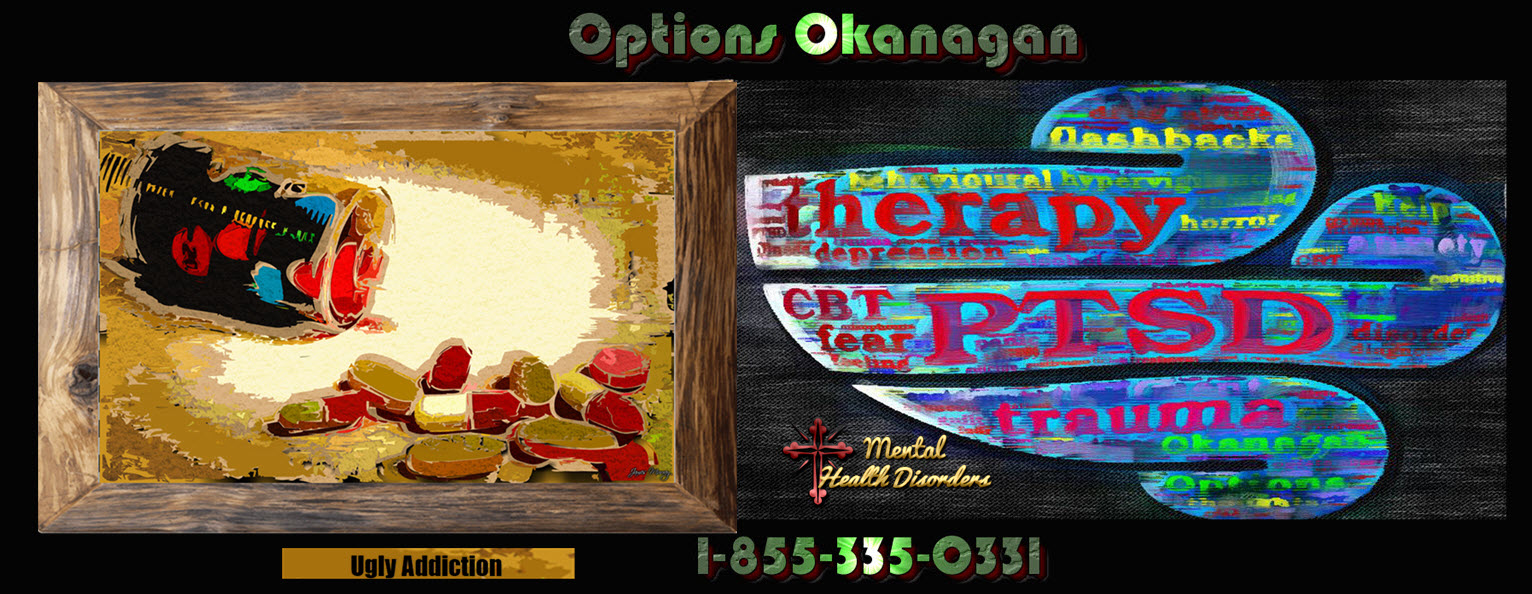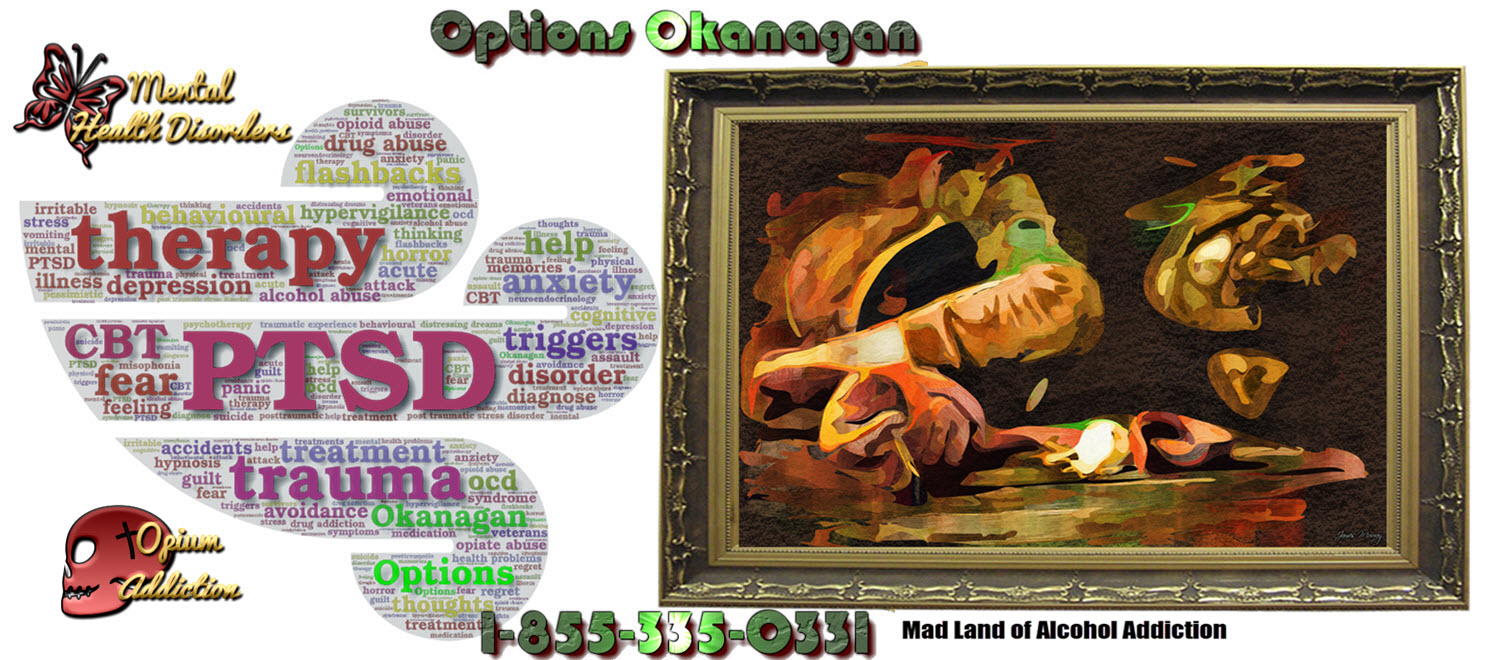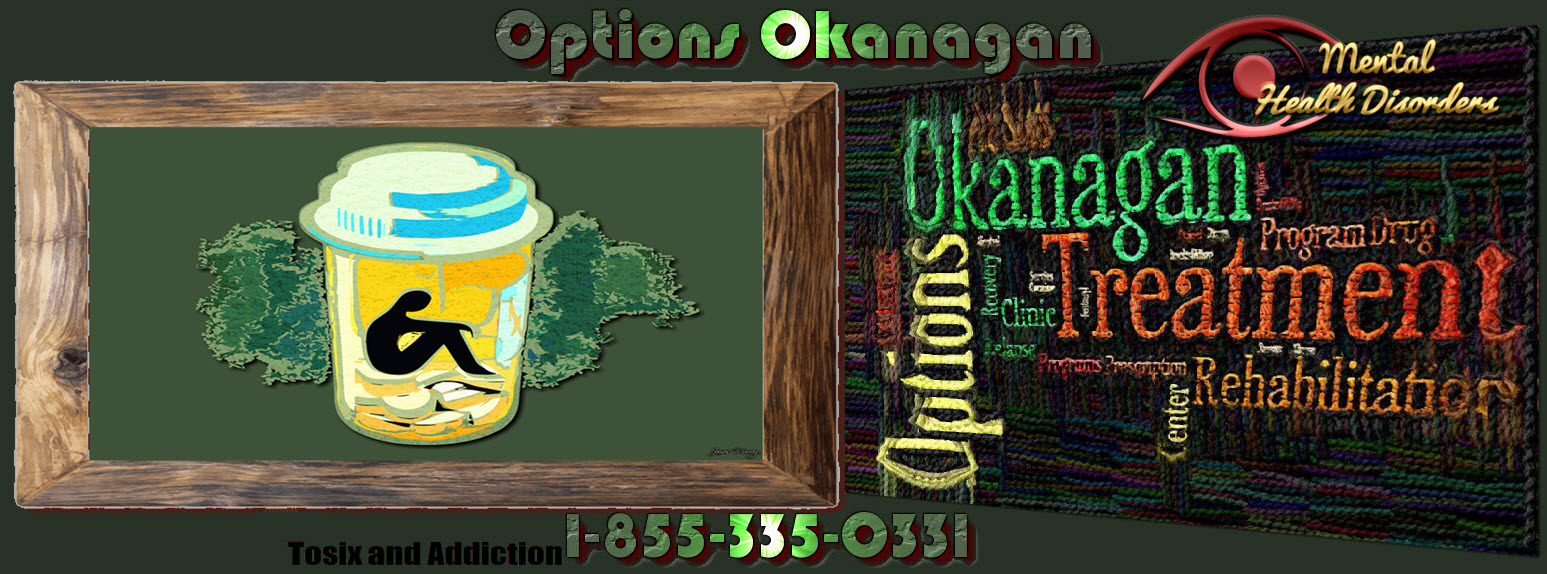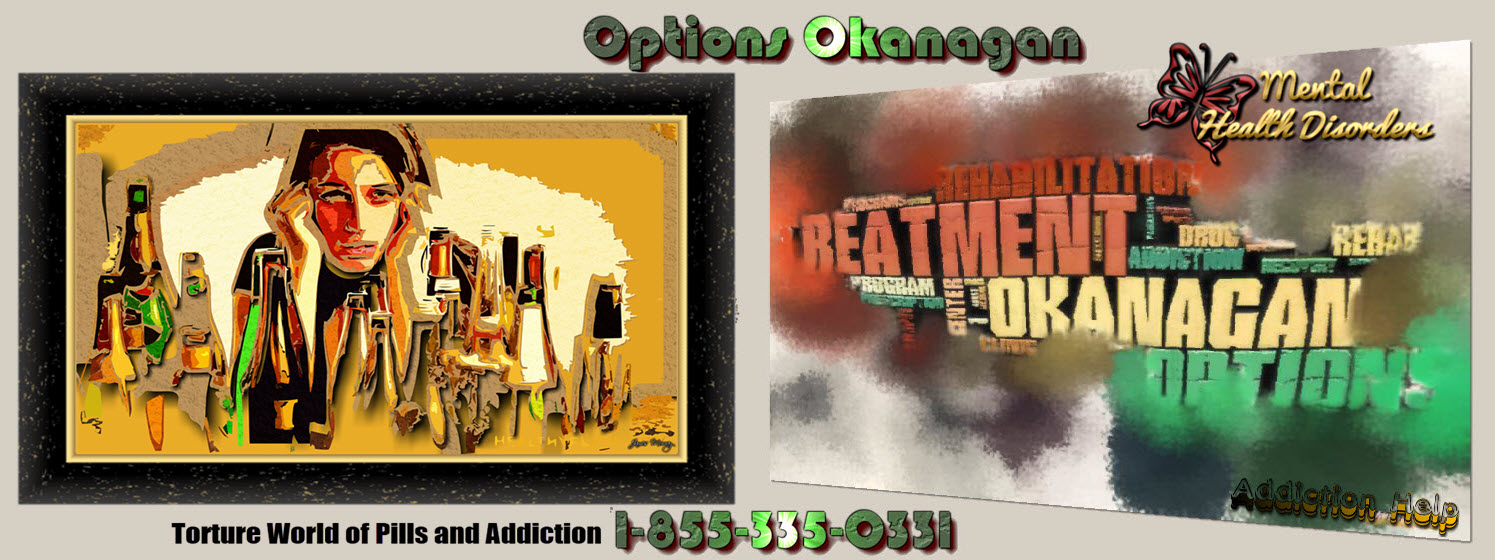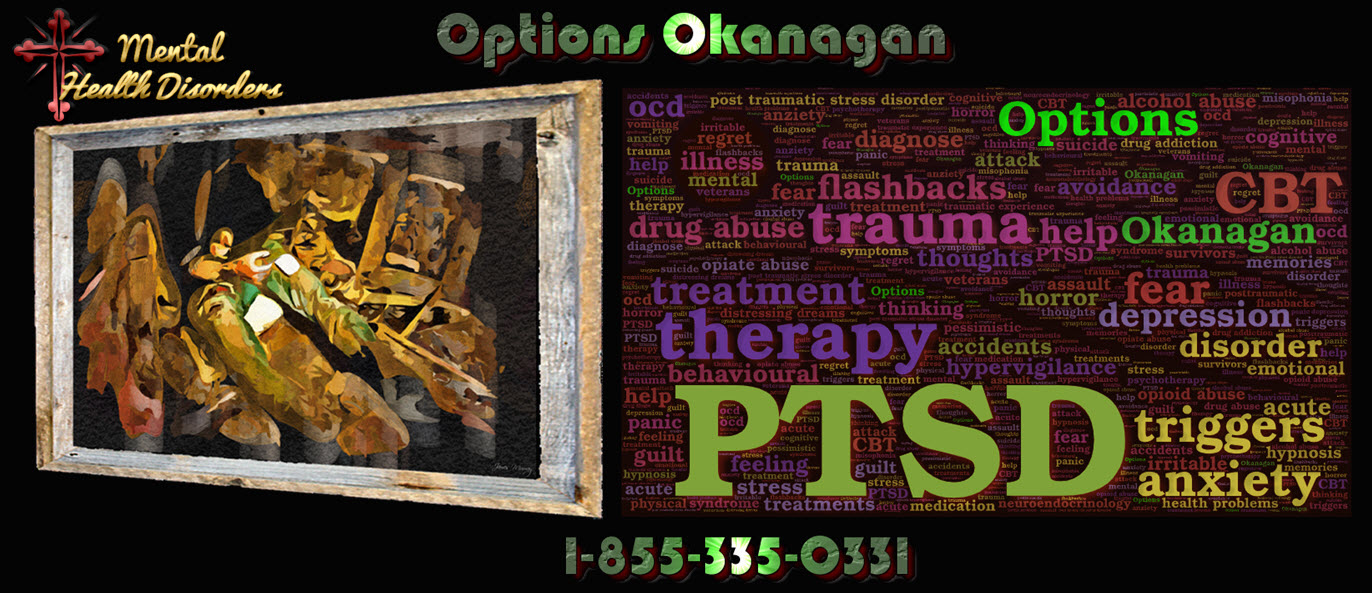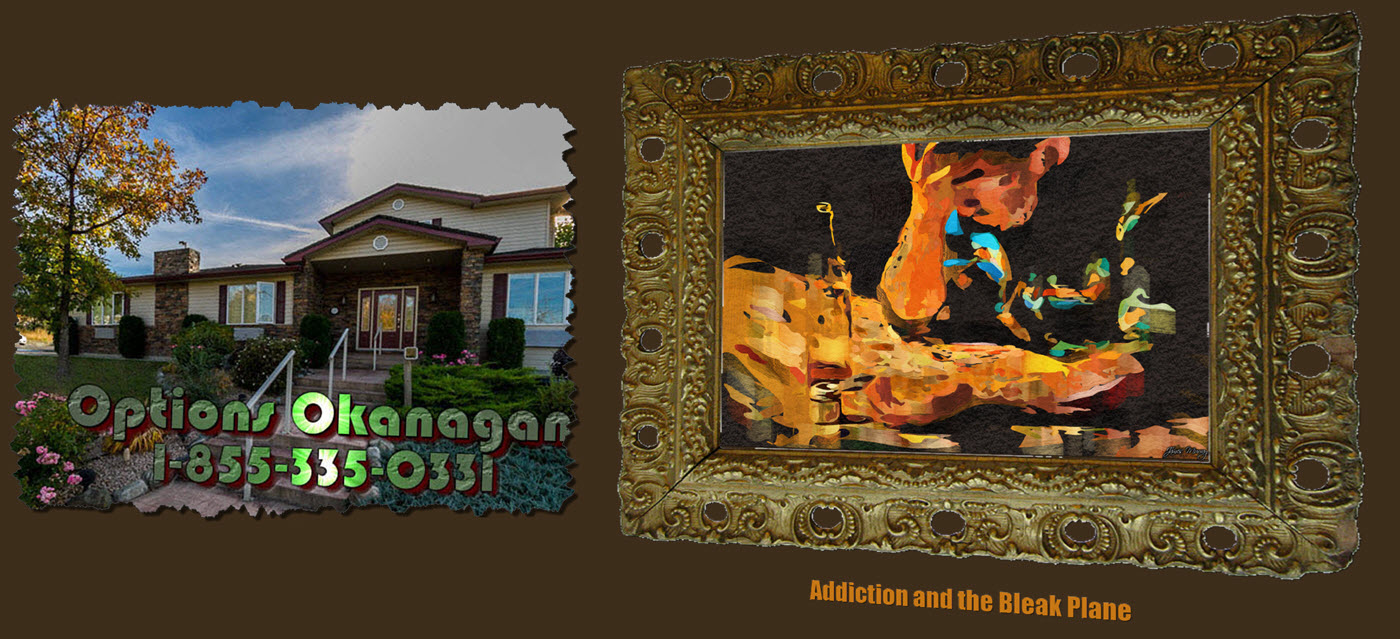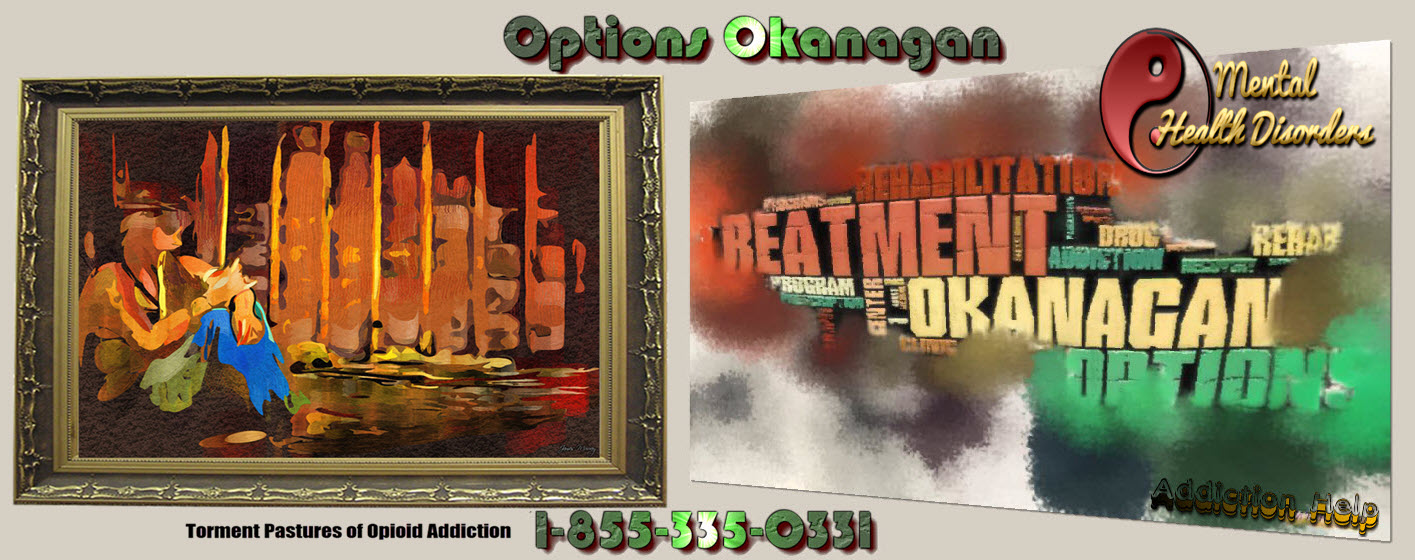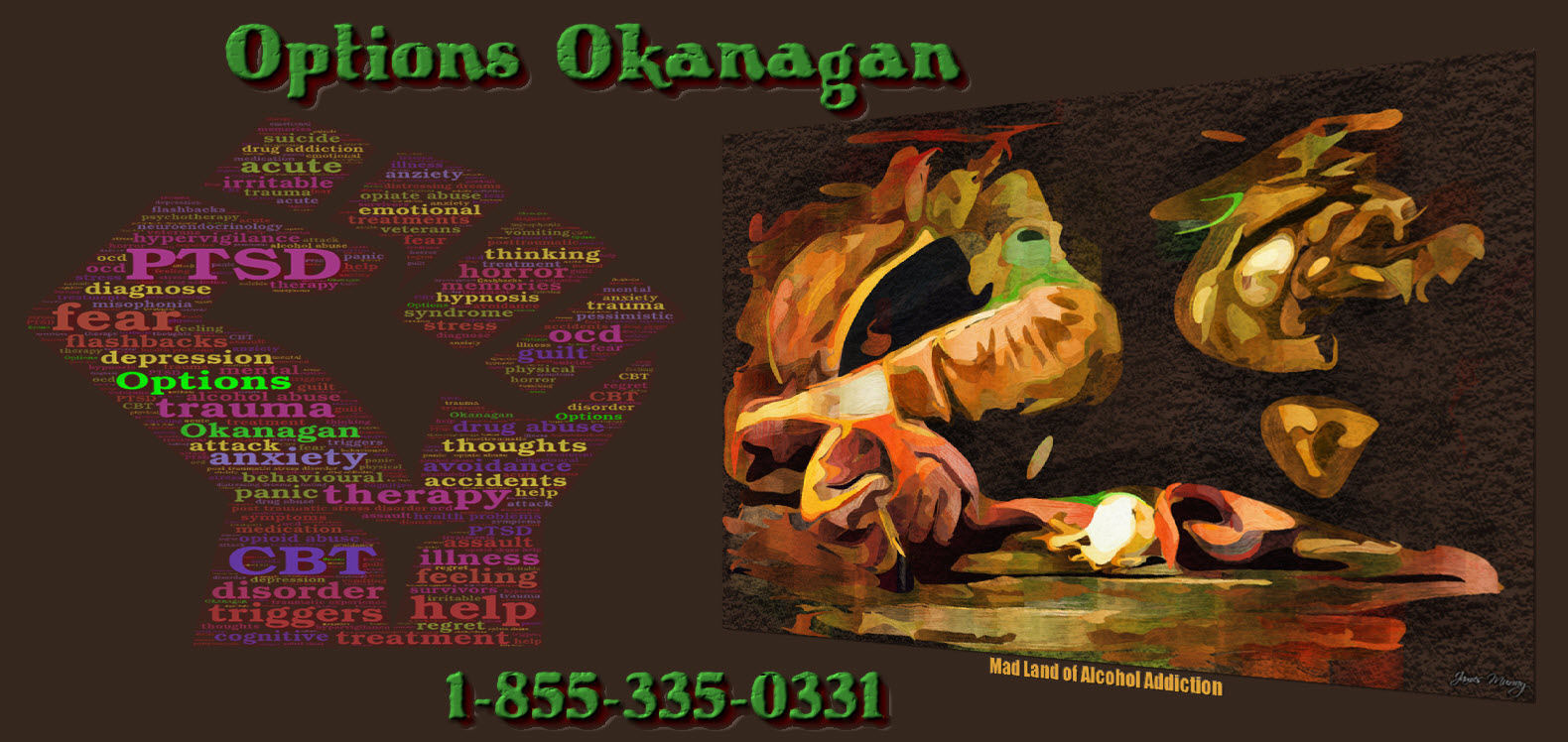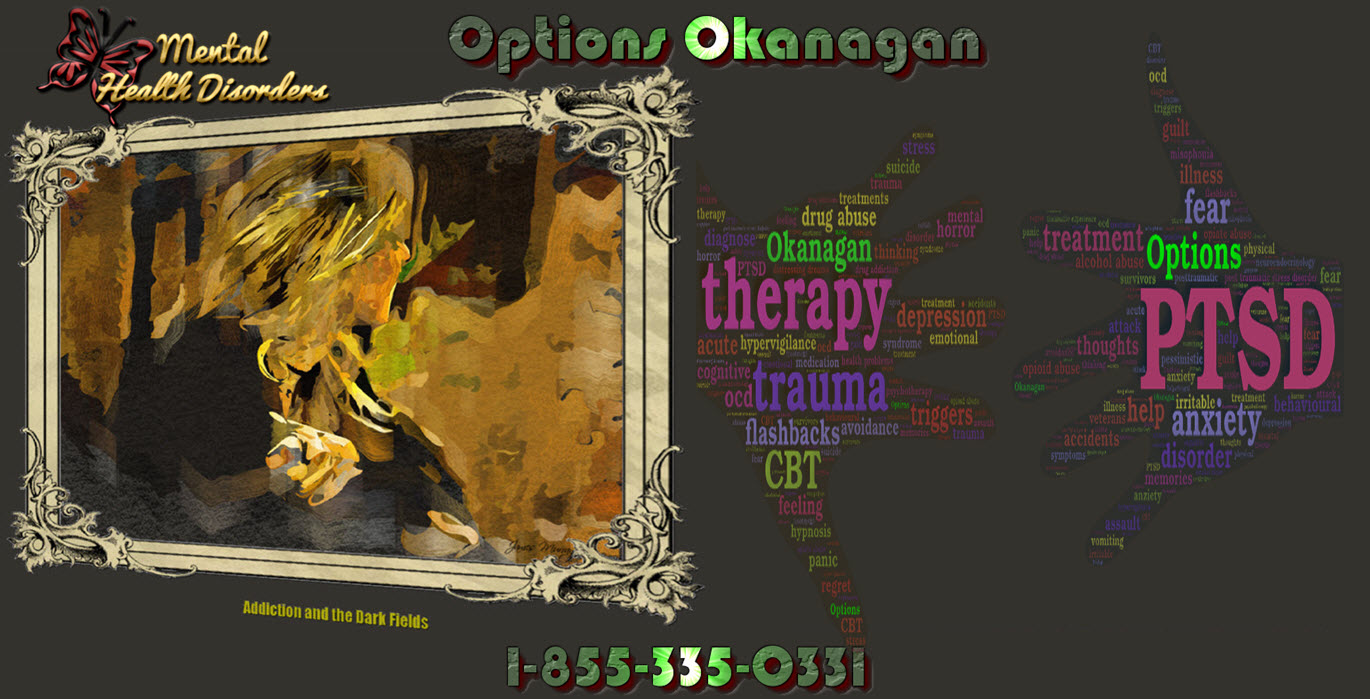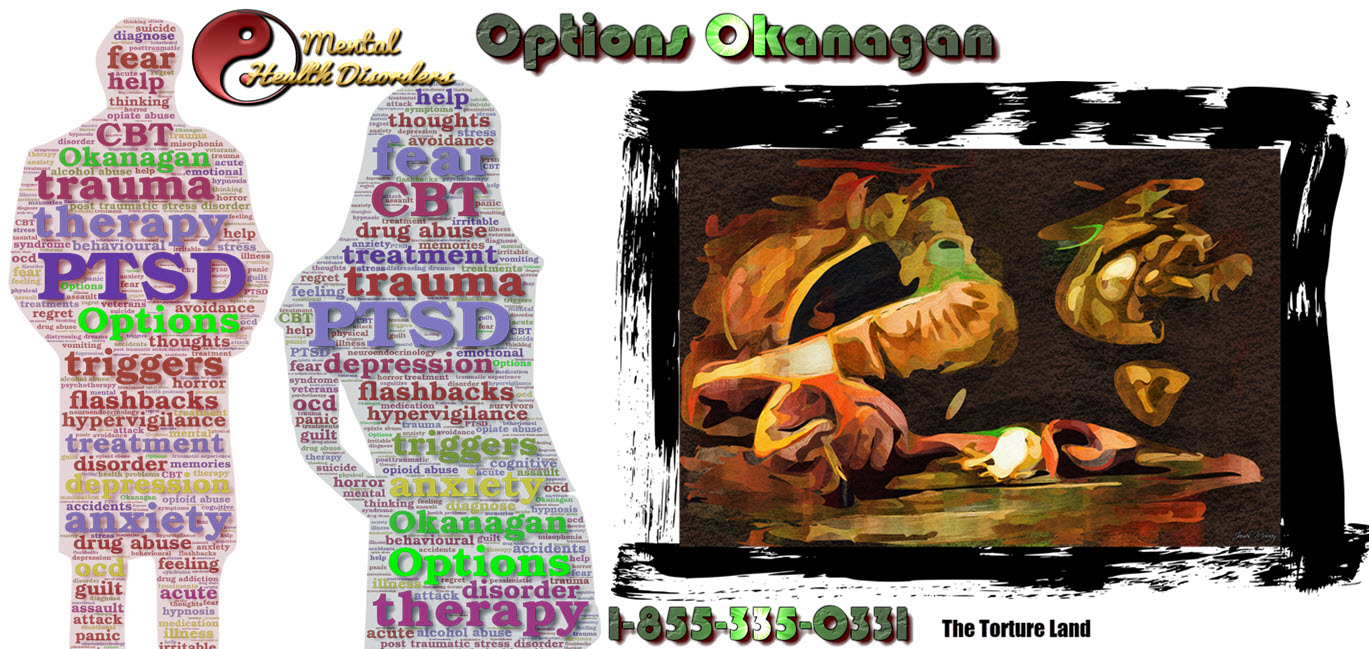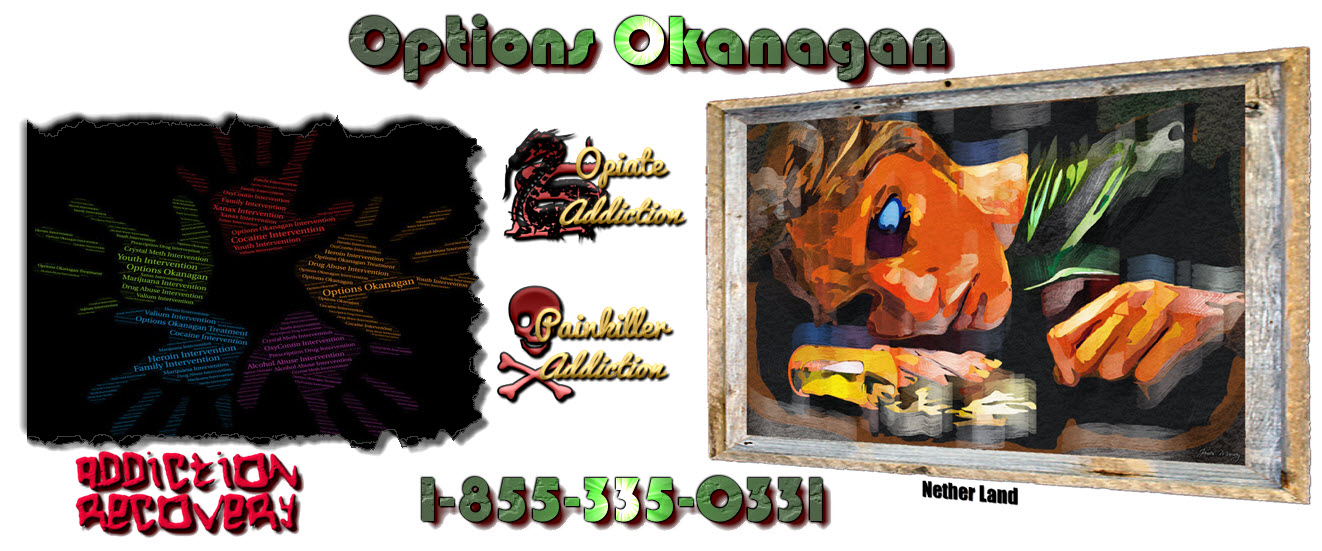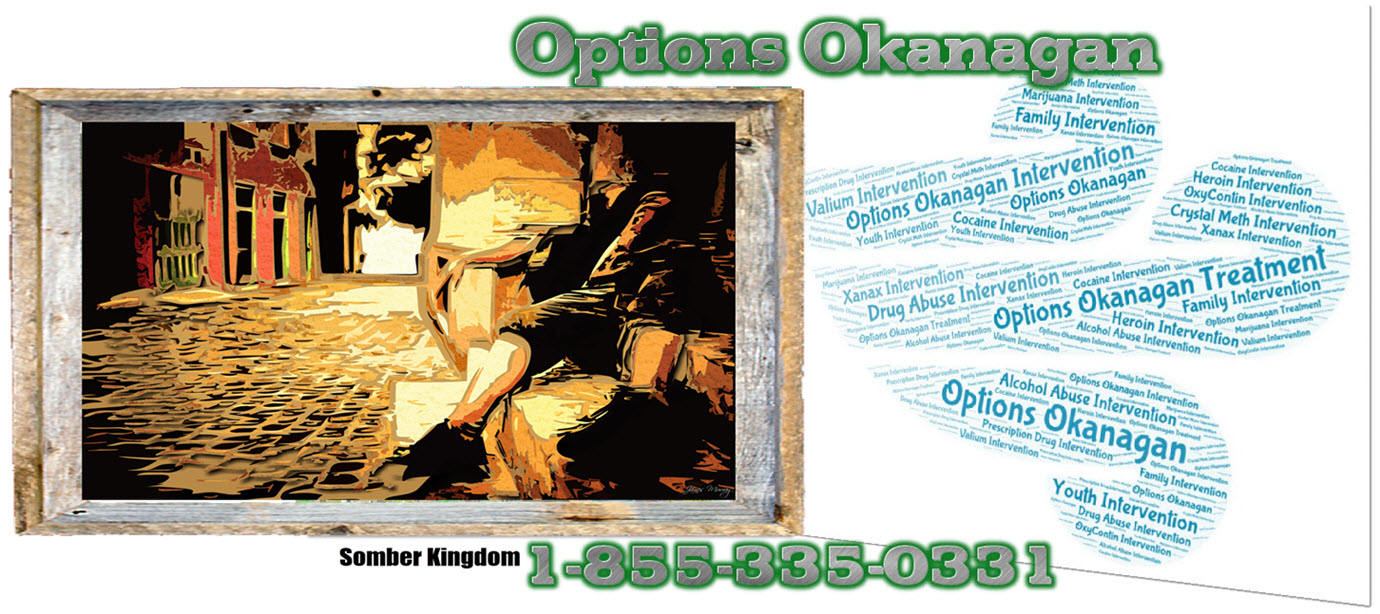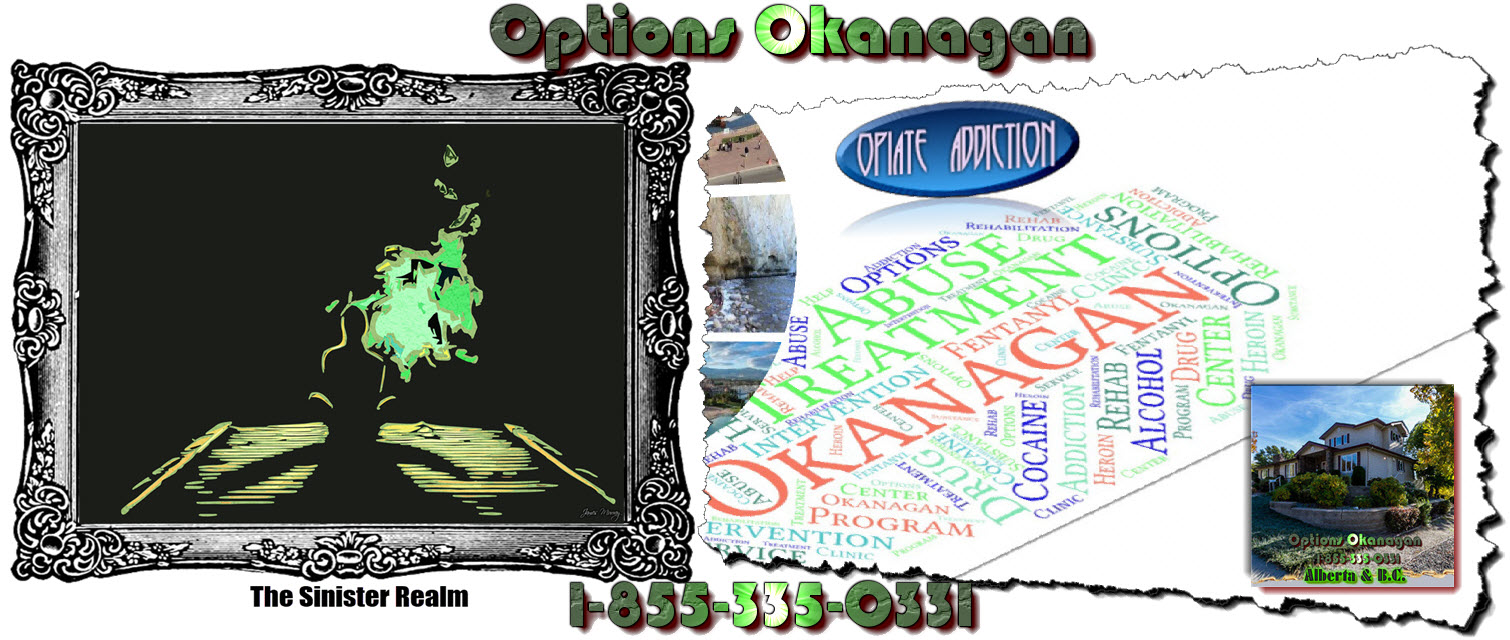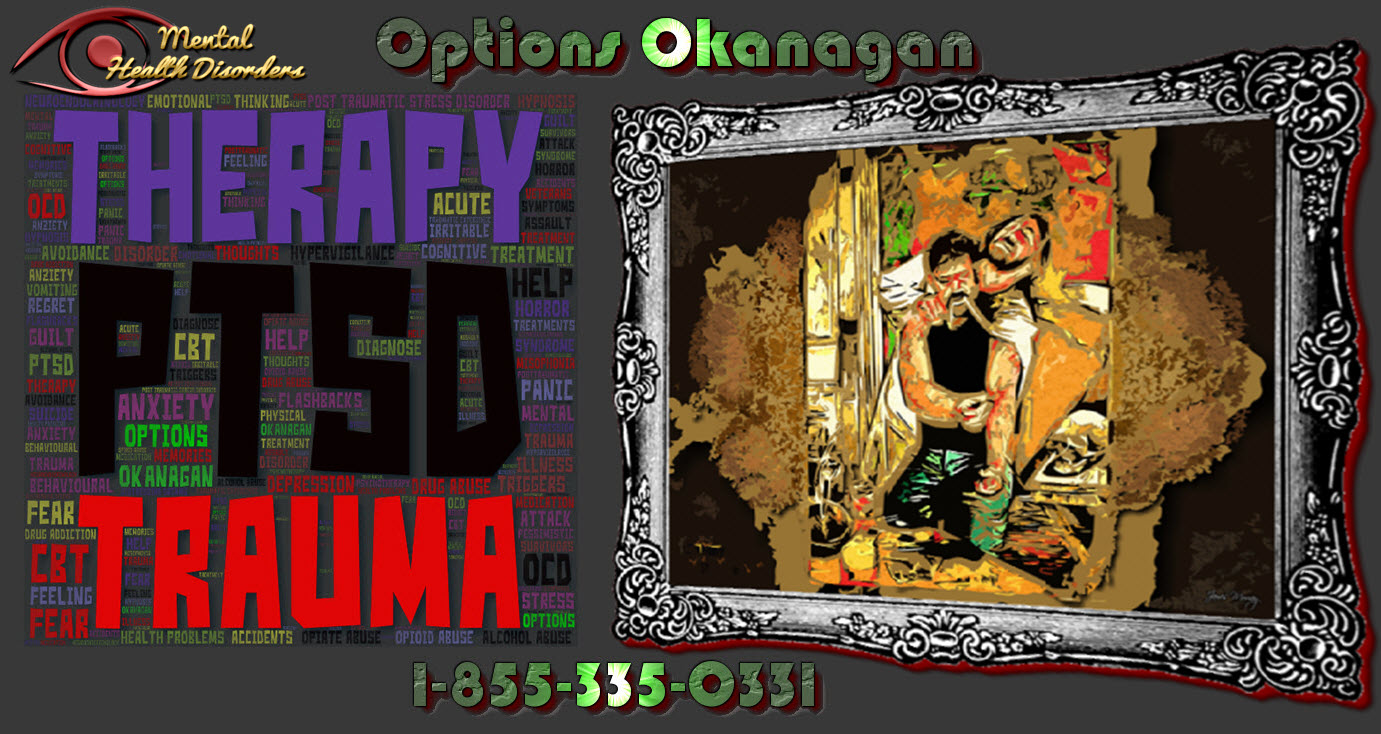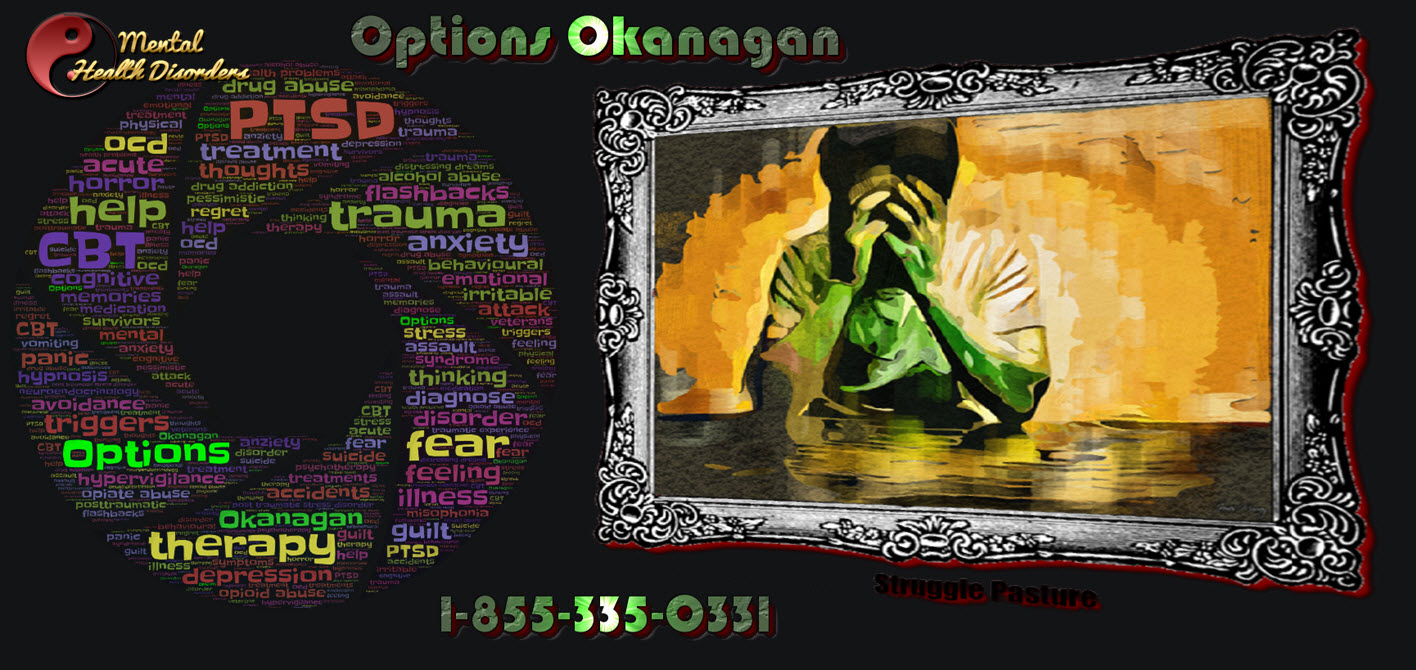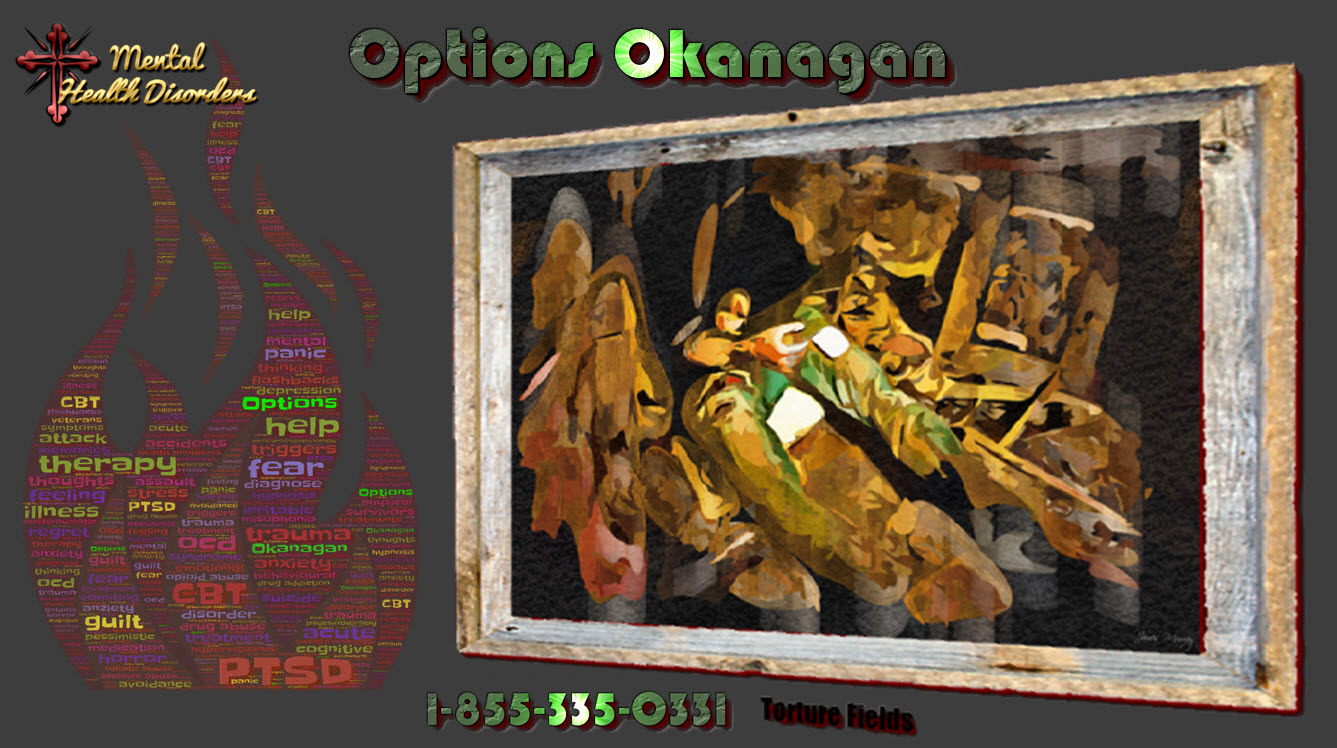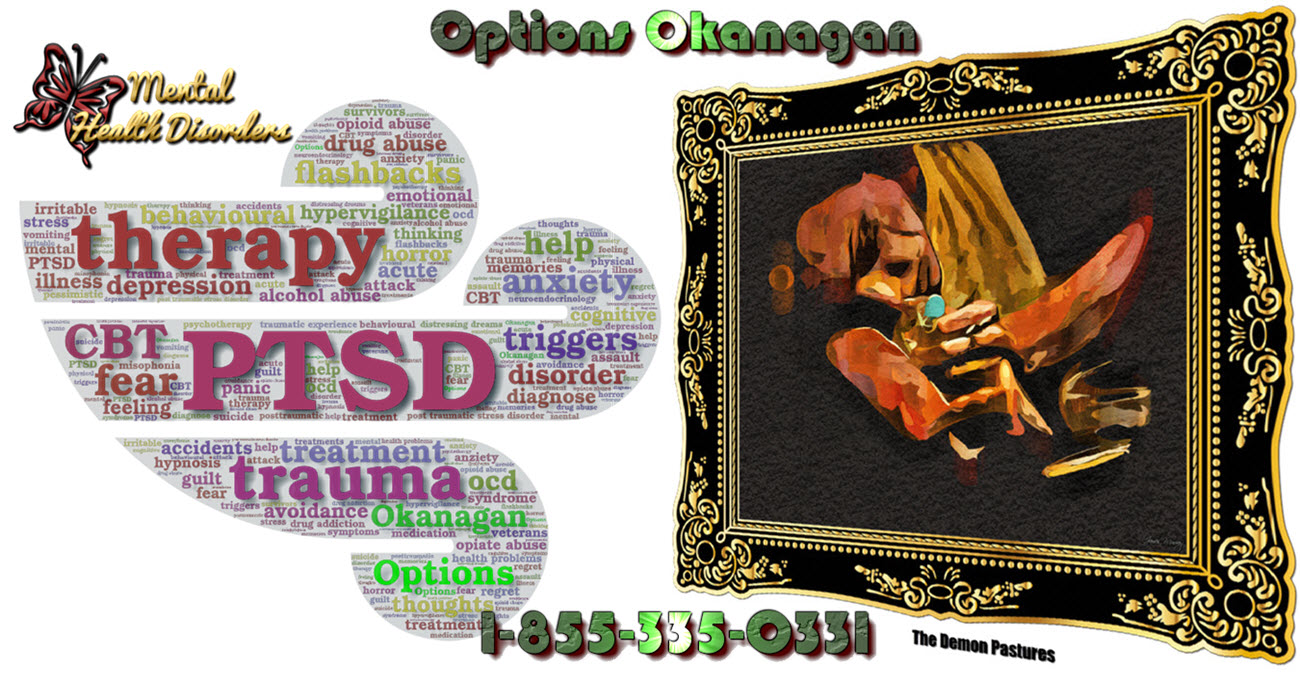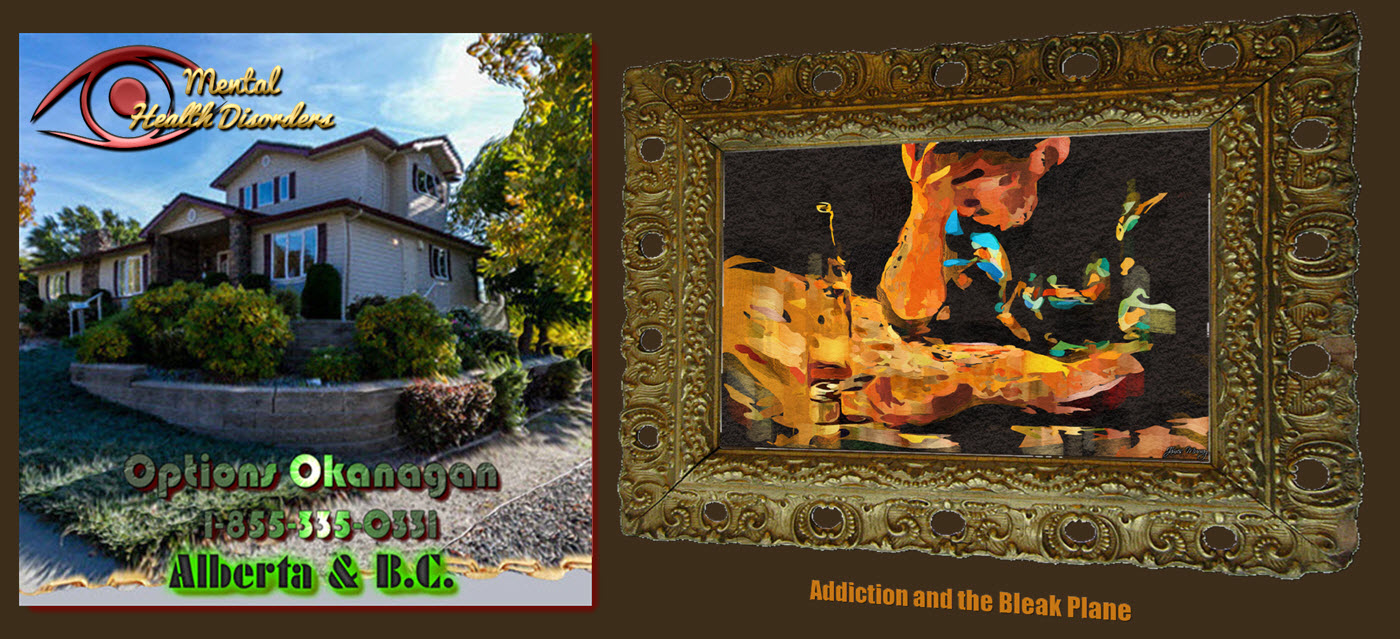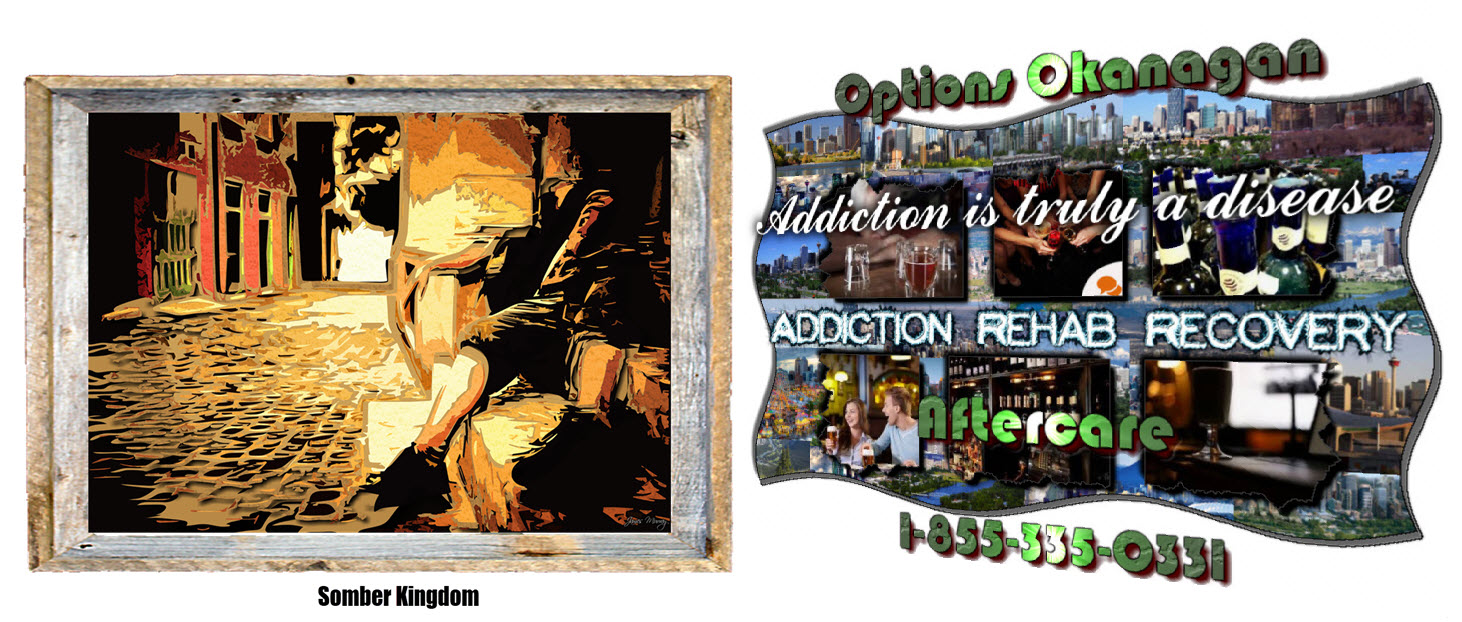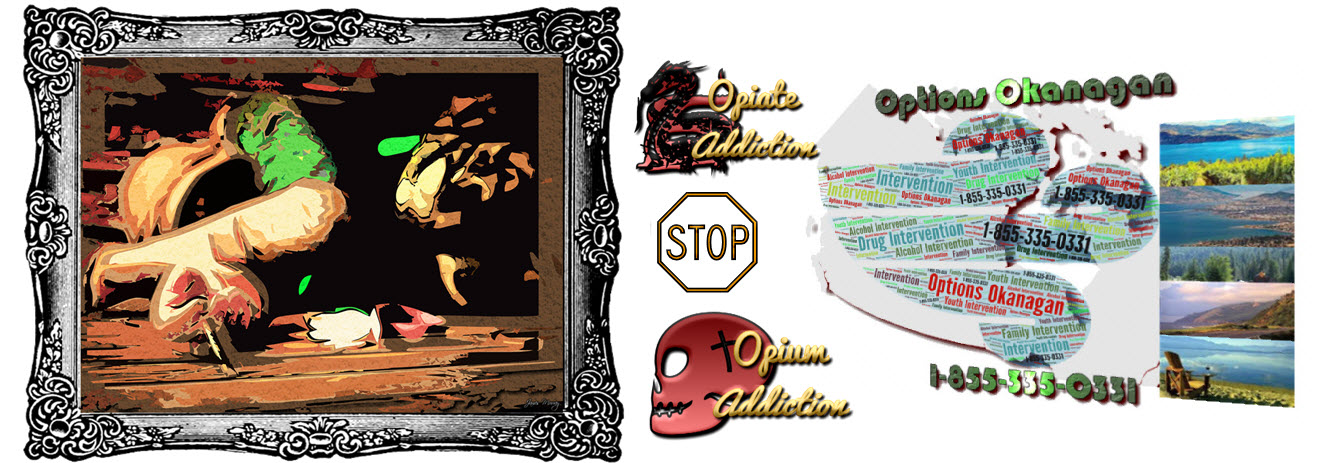Crucial things to do after drug or alcohol rehabilitation treatment to avoid relapses – Drug opiate and alcohol addictions – Drug Rehab Programs for recovering addicts in British Columbia and Alberta – Options Treatment Center in Kelowna, British Columbia treating drug, opiate, opioid, fentanyl, heroin, and alcohol addiction and recovery.
Drug Rehab In Alberta And BC
One of the most important steps a person can take to stay healthy and stay safe is to enter a rehabilitation center if they have a drug or alcohol problem. However, it is important to keep in mind that a person cannot fully recover from drug or alcohol addiction. Healing is an ongoing process and thus their treatment doesn’t end the day they come out of rehabilitation. If a person wants to live a fuller, healthier, and more conscious life, it’s important to plan their life after their stay at the rehabilitation center is over. These are things to do when a person gets home from rehab.
Get Further Treated
Remember that addiction is a chronic disease. Chronic illness can come back, and a person can relapse when it comes to drug addiction. During the rehabilitation process, when a person receives their individual consultation, they may have a plan for how they will continue their treatment after rehab. Even if a person feels strong after their rehab, they shouldn’t miss any treatment appointments. Remember that relapses can occur at any time and these treatment sessions can help a person avoid recurrences.
Find Support Groups To Join
Regardless of whether a person was discouraged or encouraged to join a support group during their rehabilitation, they should definitely consider finding a support group. Social support has played an important role in preventing relapse for years. Having a social support network can make it easier for them to endure stress, and depression during difficult times. Additionally, if a person is vulnerable and at risk of relapse, they can get immediate support from group members. A group of people who have been in a similar situation and an experienced sponsor can be very helpful for a person to stay strong after leaving the center.
Find And Keep Friends Who Do Not Get Drunk Or High
After a person leaves a rehab center, they need to find a social support network that goes beyond sponsors and groups. During this time, a person should have friends and family to guide and interact with. The new people or friends they hang around with must not drink or do drugs. If these people do drink from time to time, they shouldn’t do it in their presence. They should avoid returning to old friends who drink or use drugs. Remember that relapses are mainly caused by triggers, and the strongest trigger is memory. Typically, when a person is around people they have used with or near the area, the chances of relapse usually increase exponentially.
Proceed With Caution
Stress, anxiety, and depression are the leading causes of relapse for most people. Even though stress is a part of life, it can be very dangerous for a person as a healing addict. Therefore, a person needs to learn how to manage their stress before it becomes excessive. After verifiable research studies, it is evident that careful techniques such as meditation and yoga can reduce drug appetite and relapse. Precautionary techniques can be of great help, especially when applied as soon as they leave rehabilitation. After leaving rehab, it is advisable to take meditation classes and do exercises such as yoga and pilates as they can help relieve stress.
Find A Goal For themself
Once a person joins a rehab program, their life revolves around staying sober. If a person wants a more fulfilling and happier life after leaving rehab, then they need to find something to live for. A person needs to find a purpose in their life because it will give them something to look forward to every day. An individual can find new goals by returning to school, looking for a new job, volunteering, learning new skills, and finding new hobbies. When they find something that interests them, go after it hard.
Options Okanagan Opiate and Alcohol Treatment Centers in Kelowna, Salmon Arm and Vancouver, British Columbia – Men and Women are recovering and healing from Alcohol and Drug Abuse at our treatment center here in the Okanagan right now.
Our unique and distinctive Opiate Drug and Alcohol treatment program allows men and women to come in from Calgary as well as Edmonton as we offer airport pickup.
Numerous clients come to us from Vancouver, Calgary, and Edmonton and other locations in Alberta and even other provinces for Opiate addiction treatment, heroin drug treatment, many other drug and alcohol addictions for rehabilitation because of the uniqueness of our treatment center.
Our (Kelowna ) Alcohol and Drug Treatment Program Location:
(Not Mailing Address) Contact Us – Web Page
For Mail Delivery :: Please contact each center for correct mailing addresses, also this location is the location of our residential treatment programs in Kelowna. Please call Toll Free 1-855-335-0331 to contact the treatment center you are going to for the address and directions.
Options Okanagan Drug and Opiate Treatment Center
551 Sherrydale Crescent, Kelowna, British Columbia, V1V 2E6
Toll-Free Phone Number: 1-855-335-0331

